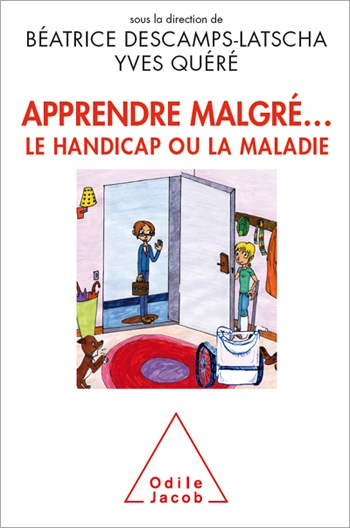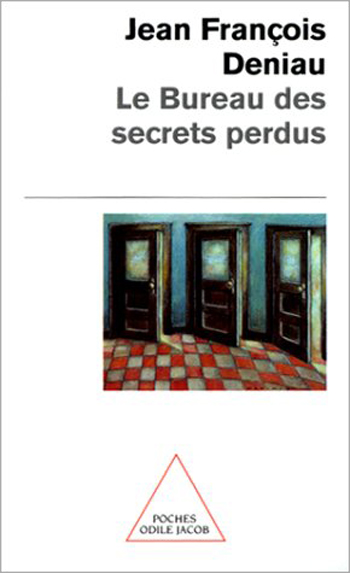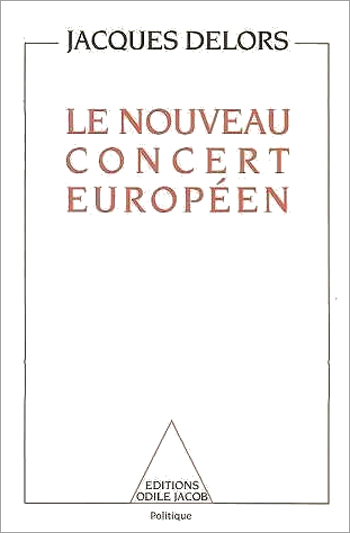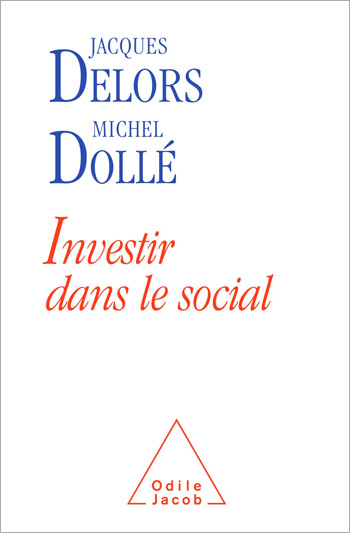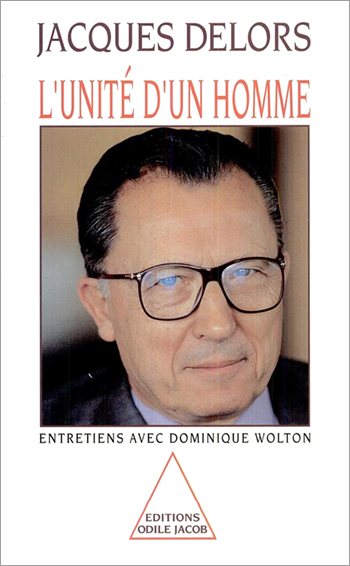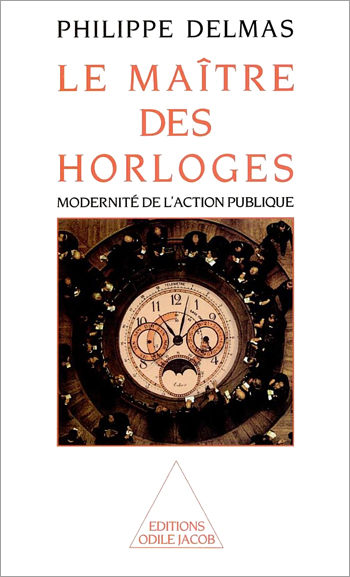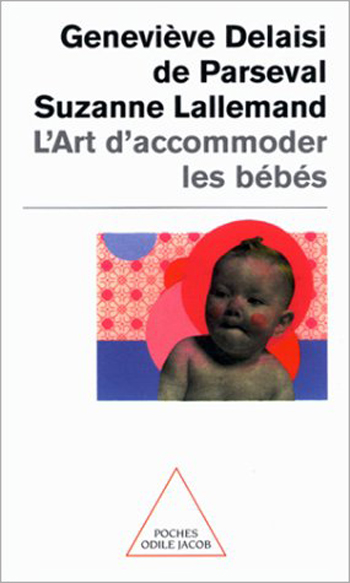Catalog All books
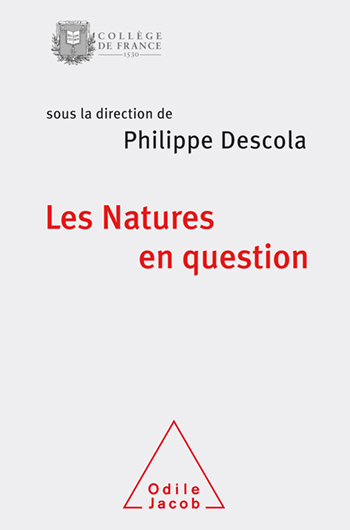
Philippe Descola
Natures in Question Collège de France Autumn Colloquium
The most recent thinking on nature in the era of biotechnology and artificial intelligence
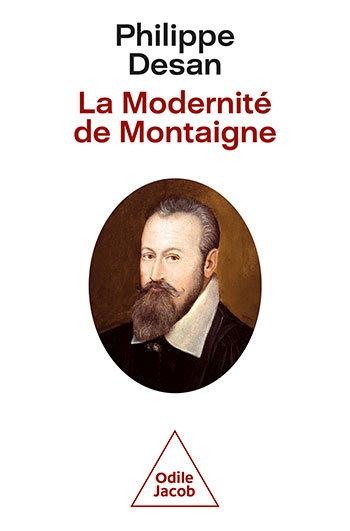
Philippe Desan
Montaigne The Self, the Other and Time
A reference book by one of the best Montaigne specialists in the world.
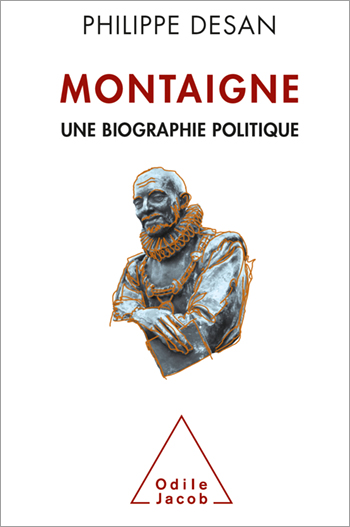
Philippe Desan
Montaigne A Political Biography
A brilliant, erudite biography that demolishes many received ideas about the great French philosopher
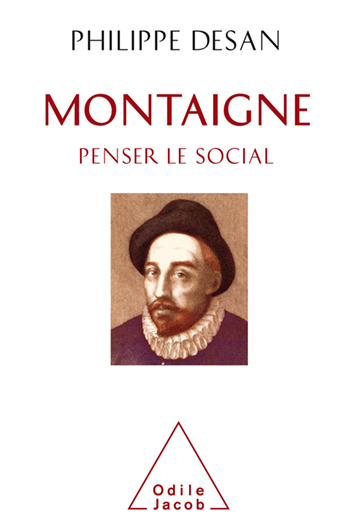
Philippe Desan
Montaigne Thinking about the Social
A study destined to become a work of reference, one that will be required for all courses on Montaigne.
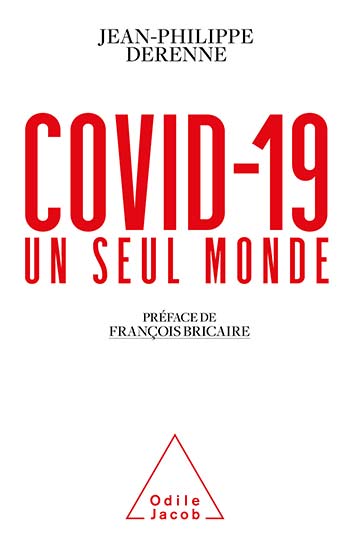
Jean-Philippe Derenne
Covid-19
All that we know about the plasticity of this virus, which is constantly mutating and changing, which makes it completely unpredictable. Even in countries where the crisis was believed to be over (China, Iceland, Slovakia, etc.), new cases are emerging.
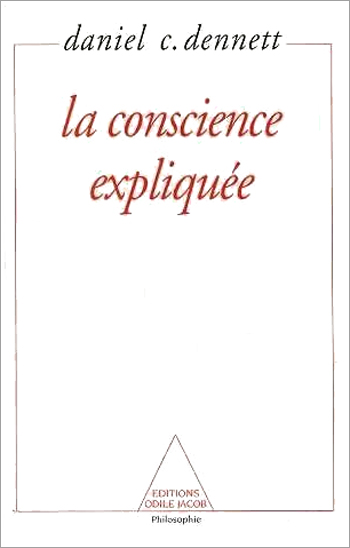
Daniel C. Dennett
Consciousness Explained
What is it that transforms a small piece of matter into an animated being? What is it that gives to certain physical structures the enigmatic privilege of feeling sensations and having experiences? Conscience. But what do we know about conscience? Daniel C. Dennet proposes a new explicative model founded on the modern revelations of psychology, neurology, and artificial intelligence. Daniel C. Dennett directs the Center for Cognitive Studies at Tufts University. He is one of the leaders in the philosophy of the spirit in the United States.
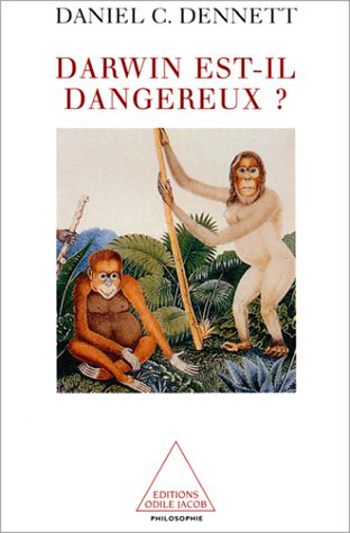
Daniel C. Dennett
Darwin's Dangerous Idea: Evolution and the Meanings of Life
In this book, he confronts this approach with the ideas of Charles Darwin and Darwinism, and addresses the question of evolution. What are the implications of the theory of evolution by natural selection? Why is evolution such a disturbing idea, not only for religious believers but also for philosophers and even for some biologists? How does it affect the concept of mind? In the midst of the current neo-Darwinian wave, this book offers a timely dialogue between the ideas of an important contemporary philosopher and those of the greatest nineteenth-century biologist. Daniel C. Dennett teaches cognitive sciences at Tufts University.
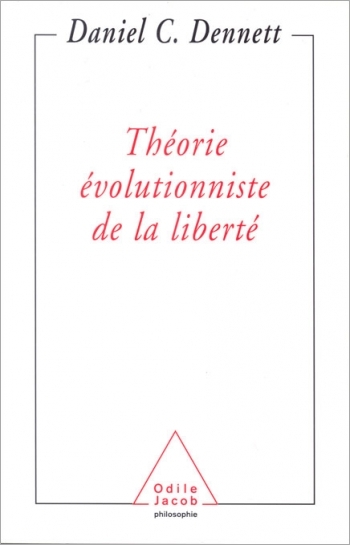
Daniel C. Dennett
Evolutionist theory of freedom
Billions of years ago, there was no freedom on earth, for the simple reason that there was no life. What forms of freedom have evolved since the first stirrings of life? Can freedom and free will exist in a deterministic universe? If we are free, are we responsible for our freedom, or is it governed by chance? Drawing on evolutionary biology and the cognitive sciences, Daniel Dennett provides a series of unorthodox replies to these traditional philosophical questions. It is generally held that what is determined is inevitable and that freedom can only exist in a non-deterministic universe. This is untrue, says Dennett. It is also held that in a pre-determined universe, we have no real choices: all we have is the illusion that we can choose. This too is false, argues Dennett. He then goes on to explain how, some day, we will be able to create robots endowed with free will. In this groundbreaking book, written in a striking, lively style, Dennett interweaves philosophical creativity with the latest scientific developments, and challenges a series of philosophical orthodoxies. Daniel C. Dennett is University Professor and Director of the Center for Cognitive Studies at Tufts University, Mass., U.S.A. He is the author of Consciousness Explained and Darwin's Dangerous Idea.

Jean-François Deniau
The Office of Lost Secrets
La Rochefoucauld once wrote that "neither the sun nor death can be stared at. " The French moralist could have added that truth also can be blinding. Deniau examines several particularly spectacular cases throughout history and under a variety of political regimes, where leaders in the upper echelons of civil and military power have refused to face the truth. He studies major cases in the fields of espionage and international relations, proposing new interpretations of some of these cases, including of the Dreyfus affair. Jean-François Deniau is the author of numerous best-sellers, and a member of the Académie Française.
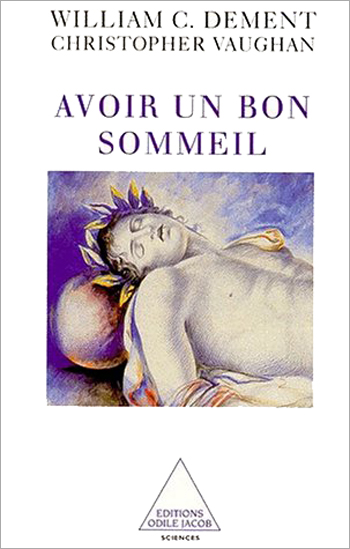
William C. Dement, Christopher Vaughan
How to have a good night's sleep
For more than forty years, William Dement has been researching the subject of sleep and of sleep-related problems. According to Dement, if we dont sleep well, we cannot be healthy; but its impossible to sleep well if we dont know what disturbs our sleep patterns, or what we stand to gain from an adequate nights rest. We are careful about our diets and we make sure we get enough exercise. Yet we often forget that it is equally important to sleep well. Sleep is often sacrificed to the demands of our daily lives. Doctors still tend to minimise the physical, emotional and psychological risks that result from a failure to give sleep its due. This fundamental work by a world-renowned specialist enables us to find out how we should sleep, in order to feel better and keep healthy. William C. Dement is a world authority in the field of sleep and in the treatment of sleep disturbances. In the 1970s, he founded one of the earliest centres specialising in the study of sleep at Stanford University, in California. He continues to teach at Stanford. Christopher Vaughan is the author of How Life Begins : The Science of Life in the Womb.
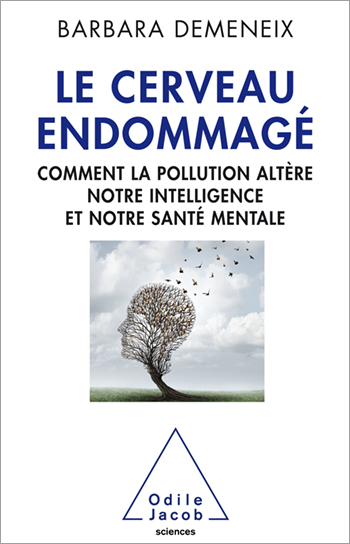
Barbara Demeneix
Losing Our Minds How Environmental Pollution Impairs Human Intelligence and Mental Health
The global prevalence of neurodevelopmental disorders is accelerating. Numbers of children affected.

Barbara Demeneix
Toxic Cocktails How Endocrine Disrupters Are Poisoning Our Brains
Written for the general reader, the book is startling as it reveals the scandalous damage to our brains being caused by chemical pollution. Concrete measures, scientifically proven, to put an end to the tragic mistakes that have been committed in Western countries for over fifty years.
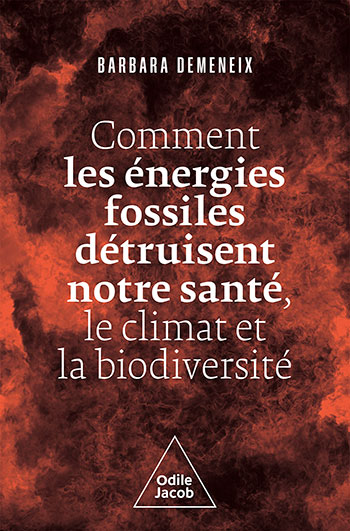
Barbara Demeneix
How Fossil Fuels Are Destroying our Health, the Climate and Biodiversity
Based on the most recent scientific studies, this book shows the interdependence between the climate, biodiversity and our health. It will give food for thought to environmentalists
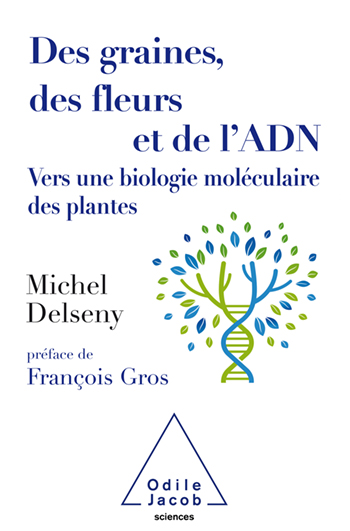
Michel Delseny
The Biology of Plants The genome of thale cress
A detailed account of a fascinating scientific adventure. Important food for thought: the genome of a plant is as complex as our own.
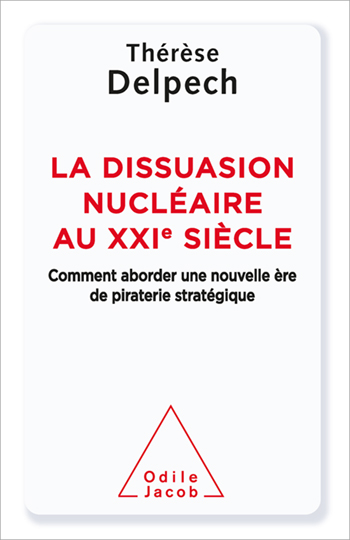
Thérèse Delpech
Nuclear Deterrence in the 21st Century Lessons from the Cold War for a New Era of Strategic Piracy
Nuclear weapons and the challenges ahead: a fascinating study by a leading expert
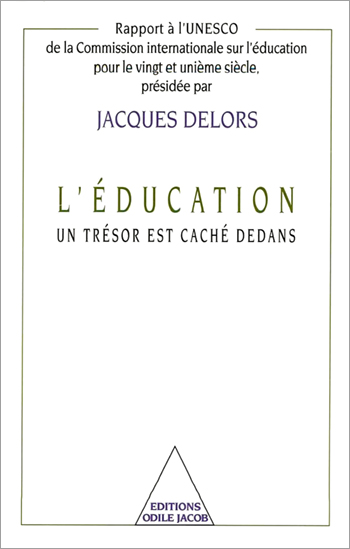
Jacques Delors
Education The Hidden Value Within
In this book, Delors specifies the educational objectives we should strive for: competence is vital, but it is equally necessary to prepare people to master knowledge, to teach themselves, to live together and, most simply, to be. We must invent and instill an approach to education that truly prepares men and women to take their own futures in hand, and such a feat implies not only economic efficiency, but also an adequate preparation for everyday life. Shouldn't the mastery of education be the next challenge taken up by the global community?

Jacques Delors
France and Germany - the Leap Forward
"During the past fifty years, the Franco-German ship has been shaken by numerous storms--although they never seriously halted her forward movement. In our opinion, strengthening the friendship between our two countries and working towards European political union will not lead to the loss of our French and German identities, nor will it dampen their vitality, for there can be no great design unless our national communities are fully alive and strengthened by a sense of social and citizens' cohesion." Jacques Delors
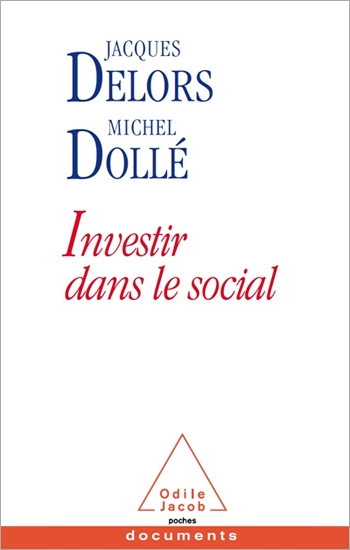
Jacques Delors, Michel Dollé
Investing in Social Issues
Jacques Delors offers a new vision of the welfare state, adapted to the challenges and difficulties of the present...
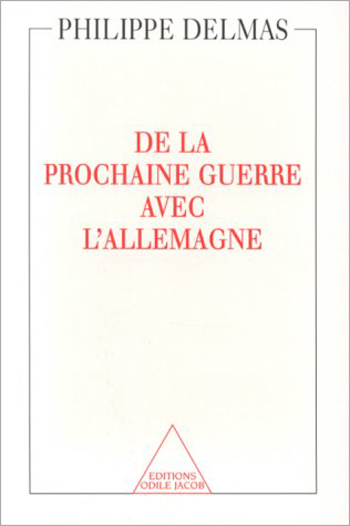
Philippe Delmas
Of the Next War With Germany
France and Germany are geographically close and yet so different. In this study of the two countries, the author examines French attitudes toward Germany, and wonders whether France will finally be able to rid itself of its traditional fears of its neighbour. Trapped by their anxieties and suspicions, torn apart by internal doubts, will France and Germany cease working hand-in-hand as they did during the Cold War and confront each other as opponents once again? Or will they seize the opportunity offered by European unification and finally learn to understand one another? This book provides the reader with athorough examination of the dilemmas facing both France and Germany.
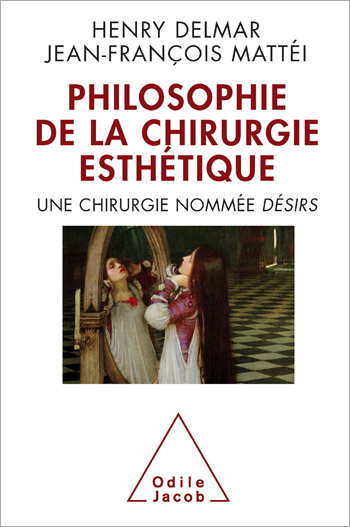
Henry Delmar, Jean-François Mattéi
Philosophy of Aesthetic Surgery Surgery as Desire
What are the visible and hidden forces that drive personal transformation?
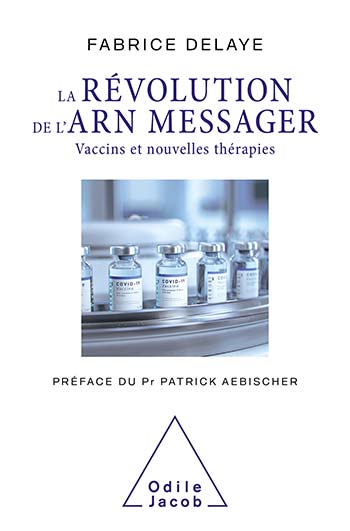
Fabrice Delaye
The Messenger RNA Revolution Vaccines and New Therapies
Messenger RNA, or the revenge of the outsiders: 40 researchers and entrepreneurs tell of the prodigious discoveries of the last few decades, their current development, and their immediate future.
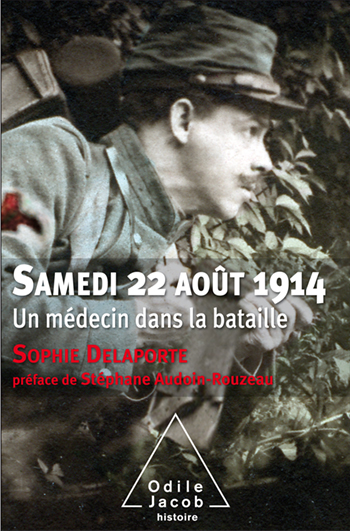
Sophie Delaporte
Saturday 22 August 1914 A Doctor at War
The bloodiest day in France’s history as it was lived by a doctor in the Great War
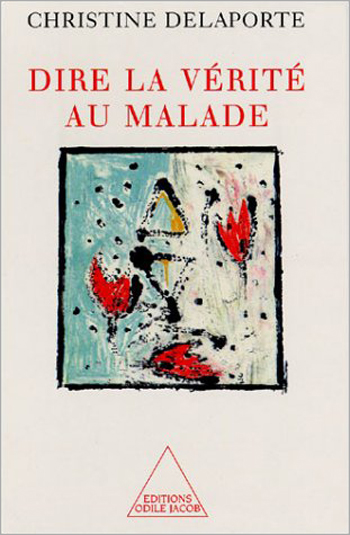
Christine Delaporte
Telling Sick People the Truth
The issue of medical truth is perceived differently by doctors and patients. From the doctors point of view: Should a given patient be told the truth? Should terminally ill patients be told how much longer they may expect to live? From the patients point of view: How can I hear the truth and learn to live with the disease? This book should help health professionals deal with emotionally difficult moments of truth. It should also help patients and their loved ones to feel less alone, once they have heard the truth, and to gradually learn to live with their disease. Christine Delaporte is a head of research at the Centre National de la Recherche Scientifique.
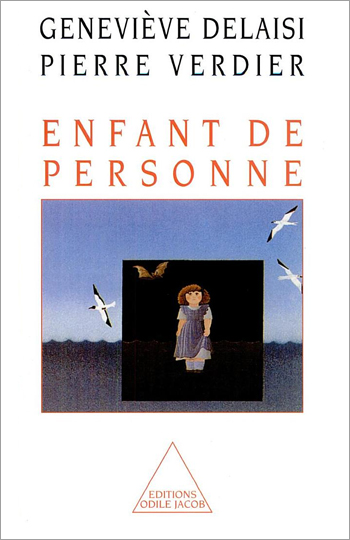
Geneviève Delaisi de Parseval, Pierre Verdier
Nobody's Child
Adoption and medically assisted procreations reflect the same suffering and ask the same questions. In both cases, the institution, in the name of a mistaken conception of filiation, weighs upon the children's head with an absolute secrecy as to its biological origins. The authors show in this book the consequences this secrecy has upon the psychology of children and parents.

